Red eared sliders are fascinating creatures with unique dietary needs as omnivores. This article provides a comprehensive overview of their natural diet, nutritional requirements, and dives into the question of whether or not they can eat apples as part of their diet.
Red Eared Slider Diet Basics
Red Eared Sliders are classified as omnivores, which means they consume both plant and animal matter in their diets. In the wild, these turtles have a diverse menu consisting of aquatic vegetation, insects, small fish, and other invertebrates. As they age, their dietary preferences shift more towards plant-based foods, making it essential for pet owners to provide a balanced diet that meets their nutritional needs.
When it comes to fruits, specifically apples, it is essential to understand that while these turtles can consume them, fruits should only be offered occasionally as a treat. Apples, like other fruits, contain natural sugars that are not typically found in a Red Eared Slider’s natural diet. Feeding too much fruit can lead to health issues, such as obesity or an imbalance in their overall nutrition. Additionally, apples should be washed and cut into small pieces to avoid choking hazards.
A well-balanced diet for a Red Eared Slider should include a variety of leafy greens, such as kale, dandelion, and collard greens, as well as aquatic plants like water hyacinth and pondweed. The inclusion of protein sources, such as appropriately-sized insects or feeder fish, is also crucial – particularly for younger turtles. Commercial turtle pellets can be used as a supplementary food source, ensuring that the turtles receive essential nutrients like vitamins and minerals that may not be found in raw foods. So, while apples can be offered as an occasional treat, their primary diet should consist of more nutritionally dense options that mimic their natural food sources in the wild.
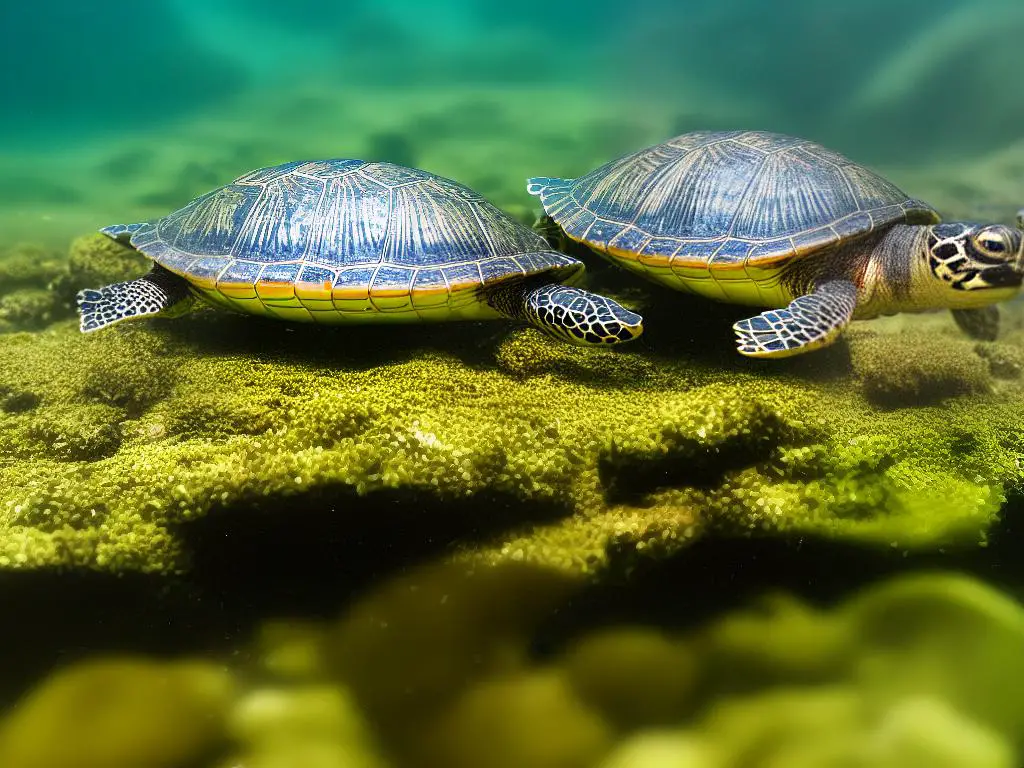
Nutritional Requirements of Red Eared Sliders
Red eared sliders are omnivorous creatures that require a well-balanced diet for their overall health and well-being. A proper diet for these turtles consists of a variety of essential nutrients, including protein, vitamins, and minerals. Protein is crucial to ensure proper growth, development, and maintenance of body tissues; vitamins and minerals support overall health, shell development, and immune system function. Red eared sliders primarily consume animal-based protein sources, such as insects, small fish, and worms but can also benefit from plant-based foods, such as leafy greens and vegetables, which contain various vitamins and minerals necessary for proper growth and development. Apples can be fed occasionally but should not be a main component of their diet, as they are not as nutritionally dense as other foods that Red Eared Sliders need for optimal health.
Adding fruits to a red eared slider’s diet can be beneficial in providing some of the essential vitamins and minerals, such as vitamin C, vitamin A, and antioxidants. Apples, specifically, contain both vitamin C and A, as well as dietary fiber, which can aid in digestion. However, it is crucial to note that apples and other fruits should be offered only as an occasional treat, as these turtles require a higher proportion of protein and vegetables in their diet for optimal health. When feeding apples to red eared sliders, make sure to remove the seeds and core, as they can be harmful to the turtles, and cut the fruit into small, manageable pieces.To avoid health problems and ensure proper shell development, red eared sliders require an adequate intake of calcium and phosphorus, which are not found in large amounts in apples. A calcium-rich diet can be achieved by providing calcium supplements or including cuttlebone in the turtle’s habitat. Calcium is essential for the formation of a strong, healthy shell and to support proper bone growth. Additionally, it is crucial to provide these turtles with adequate exposure to ultraviolet (UV) light, which assists in the synthesis of vitamin D3, further promoting calcium absorption for overall health and well-being. Keeping a well-rounded diet with an emphasis on animal-based protein sources, vegetables, and occasional fruit treats, combined with proper UV lighting, will help red eared sliders maintain optimal health, growth, and shell development.
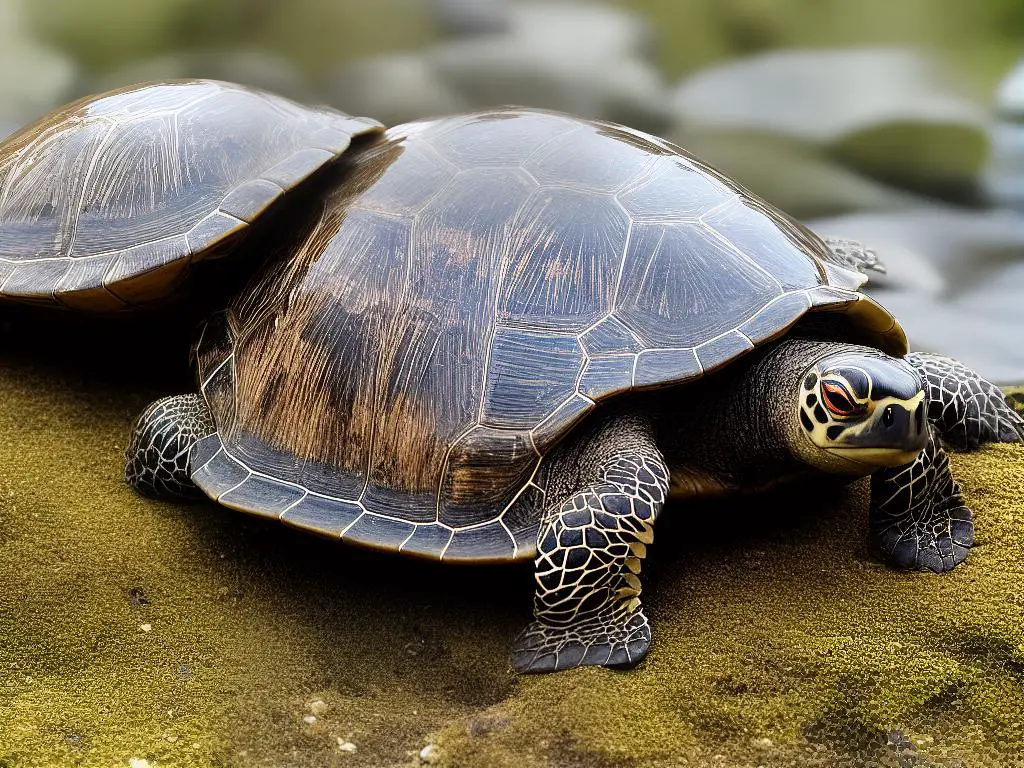
Feeding Red Eared Sliders Fruits and Vegetables
As omnivorous animals, red eared sliders require a balanced diet consisting of both plant and animal matter to maintain optimal health. While apples are safe for them to consume, it’s crucial to offer a variety of other food sources as well. A proper diet will help ensure that red eared sliders grow at a healthy rate, resist illnesses, and enjoy a thriving, active lifestyle. In summary, while red eared sliders can eat apples in moderation, it is essential to prioritize other nutritious options that supply sufficient calcium and phosphorus, along with the appropriate lighting, to keep these turtles healthy and happy.
While it’s essential to provide a red eared slider with a varied diet, consisting of animal proteins such as insects, worms, and fish, it is also crucial to supply them with fresh vegetables and fruits, the latter being a treat.
Fruits and vegetables can provide a red eared slider with essential nutrients that they need for growth and development. Apples, for example, can be incorporated into a red eared slider’s diet but should be given in moderation. As a treat, feeding them a small slice of apple occasionally is acceptable. As for vegetables, red eared sliders enjoy leafy greens such as kale, mustard greens, and collard greens, which should make up most of their plant-based diet. However, spinach and cabbage should be avoided, as they can lead to health problems. It is necessary to wash all fruits and vegetables thoroughly to remove any traces of pesticides, and always ensure that foods are only provided in appropriate sizes and portions to avoid choking hazards.
As a responsible red eared slider owner, it is essential to provide a balanced diet combining animal proteins, plant-based foods, and commercial turtle pellets to ensure their overall health. An unbalanced diet may lead to health issues such as vitamin deficiencies, obesity, and shell deformations. By paying close attention to the nutritional needs and preferences of your red eared slider, you will help them live a long and healthy life.
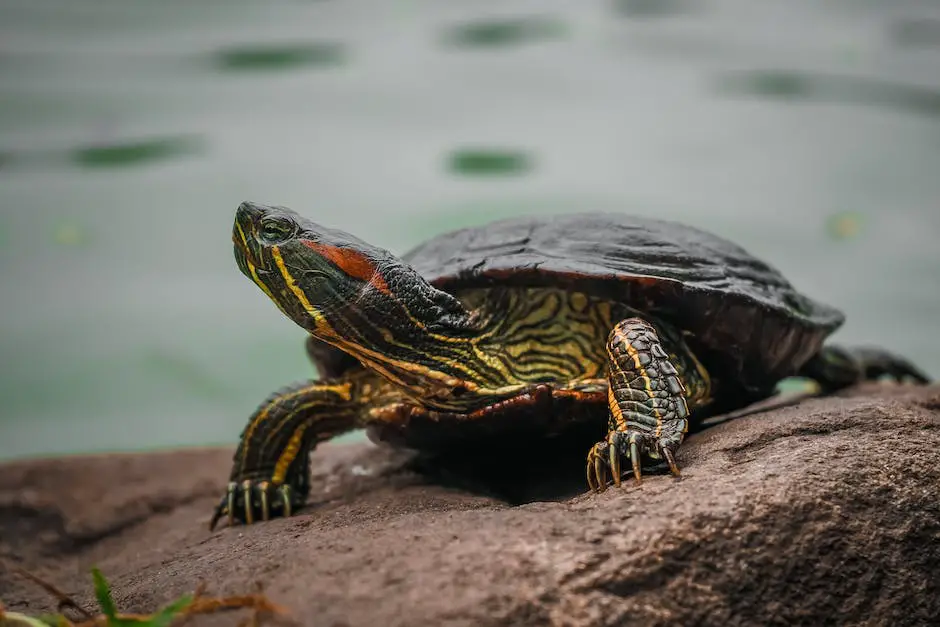
Can Red Eared Sliders Eat Apples?
Part of that balanced diet can include fruits, such as apples, which are high in essential vitamins and nutrients like vitamins A, C, and K. Red eared sliders, a popular species of aquatic turtles, are primarily omnivorous, consuming more protein when young but developing a preference for vegetables, fruits, and leafy greens as they mature. Adding apples as an occasional treat in their diet can provide some nutritional benefits and contribute to their overall well-being.
However, it is essential to keep in mind that apples should not be the sole source of nutrition for red eared sliders. Instead, they should only constitute a small portion of their varied diet. Overfeeding on apples may cause the turtle to become overweight or suffer from digestive issues. To safely introduce apples into their diet, start by offering small, bite-sized pieces without the seeds, as seeds can be toxic to turtles. It is also important to remove the skin, as it can be hard for the turtle to digest. Monitor your turtle’s reaction to the apple pieces and gradually increase the portion size if it appears to be well-tolerated.
It is evident that red-eared sliders can consume apples as part of a balanced diet, but it is crucial to consider other essential dietary components for this turtle species. Besides fruits, their diet should include a variety of leafy greens, vegetables, and protein sources, such as insects, worms, and even commercially available turtle pellets. Ensuring an appropriate mix of nutrients is key to maintaining a healthy and happy red-eared slider. To avoid any potential health risks, always provide fresh and clean apple pieces and remove any uneaten portions from the tank to prevent water contamination.
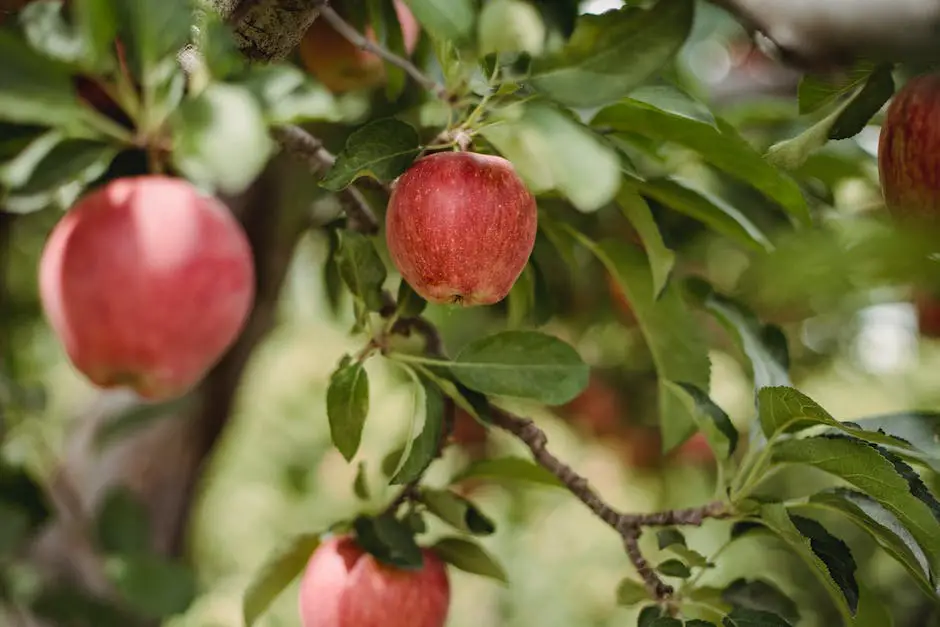
Other Safe Fruits and Vegetables for Red Eared Sliders
Alongside apples, red-eared sliders can safely consume a variety of other fruits and vegetables. Some excellent choices for these semi-aquatic turtles include leafy greens such as kale, collard greens, and Swiss chard. These types of vegetables are packed with essential vitamins and minerals, making them an exceptional source of nutrients for your reptile friend. Other safe vegetables for red-eared sliders include chopped carrots, bell peppers, and squash. Avoid feeding iceberg lettuce, as it is primarily water and provides little nutritional value.
Fruits can also be a healthy treat for red-eared sliders, but they should be fed in moderation, as they contain higher levels of sugar. Safe fruit options include berries (such as strawberries, blueberries, and blackberries), melons, and pears. Remember to remove any seeds or pits before offering them to your turtle, as these can pose a choking hazard. When offering fruits and vegetables to your red-eared slider, it’s recommended to feed them in bite-sized pieces to make it easier for the turtle to consume. Be sure to also clean up any uneaten food to prevent bacterial growth in their environment.
Note that red-eared sliders have different dietary requirements depending on their age. Juvenile red-eared sliders need more protein in their diet and should be offered fruits and vegetables less frequently, perhaps once or twice per week. Adult red-eared sliders should be given these healthy options more frequently, about three to four times per week, as their diet should consist of more plant-based foods. Balancing their diet with proper protein sources, such as insects, fish, and commercial turtle pellets, along with a variety of fruits and vegetables, will help ensure your red-eared slider stays healthy and happy.
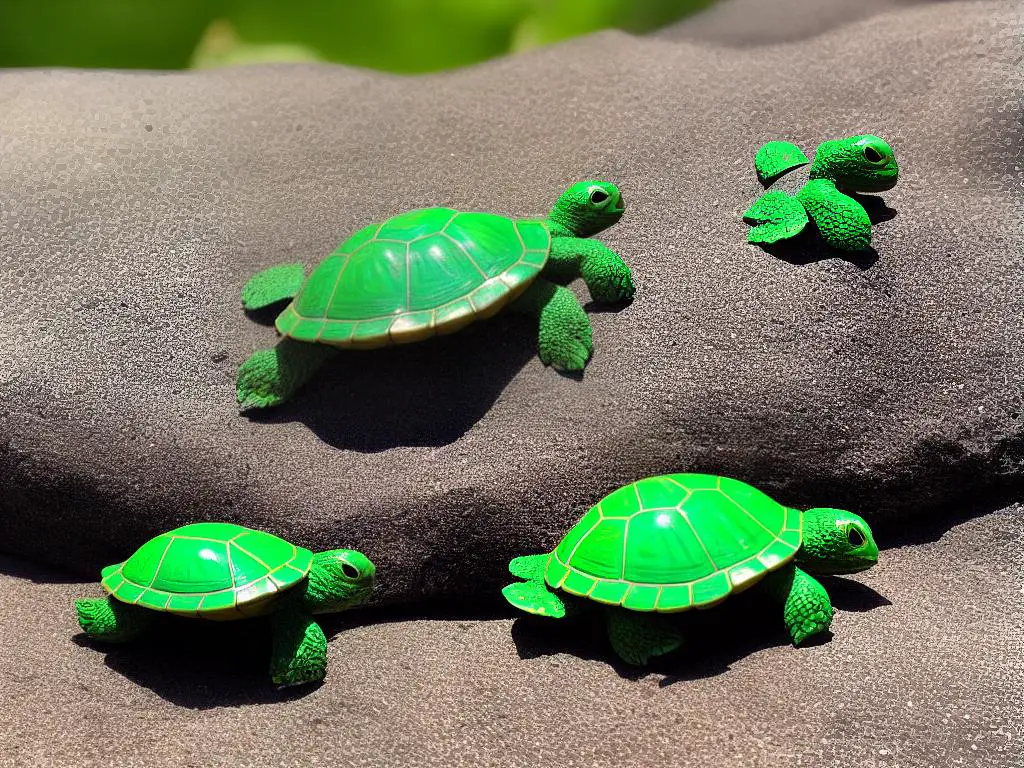
Foods to Avoid in Red Eared Slider Diet
Fruits like apples can also be a healthy snack for red-eared sliders but should be fed in moderation due to their higher sugar content. Other safe fruit options include berries (such as strawberries, blueberries, and blackberries), melons, and pears. Make sure to remove any seeds or pits before offering them to your turtle, as these can pose a choking hazard. Feed fruits and vegetables to your red-eared slider in bite-sized pieces and clean up any uneaten food to prevent bacterial growth in their environment.
It’s important to note that red-eared sliders have different dietary requirements depending on their age. Juvenile red-eared sliders require more protein in their diet and should be offered fruits and vegetables less frequently, perhaps once or twice per week. Adult red-eared sliders, on the other hand, should be offered these healthy options more frequently, about three to four times per week, as their diet should consist of more plant-based foods. Balancing their diet with proper protein sources, such as insects, fish, and commercial turtle pellets, along with a variety of fruits and vegetables, will help ensure your red-eared slider stays healthy and happy.
Some fruits, including apples, should be avoided in a red eared slider’s diet as they contain a high amount of sugar. Despite being a good source of vitamins and minerals for humans, apples have no significant nutritional value for red eared sliders. These turtles are unable to process large amounts of sugar, and feeding them apples could lead to health issues, such as diarrhea or food fermentation in their digestive system. Apart from apples, other fruits like citrus fruits, grapes, and cherries should also be avoided due to their high sugar content.
In addition to fruits, there are various vegetables that red eared sliders should not consume. Vegetables like cabbage, bok choy, spinach, and rhubarb should be avoided as they contain a substance called oxalic acid, which can bind with calcium and lead to a deficiency. Additionally, feeding red eared sliders onions, garlic, and mushrooms can also be harmful to their health. Onions contain a compound called thiosulphate, which can lead to hemolytic anemia, while mushrooms can be toxic to turtles. Finally, feeding them processed or salty foods like bread, crackers, or processed meat is not advisable, as these do not offer nutritional benefits and can contribute to obesity and other health issues.
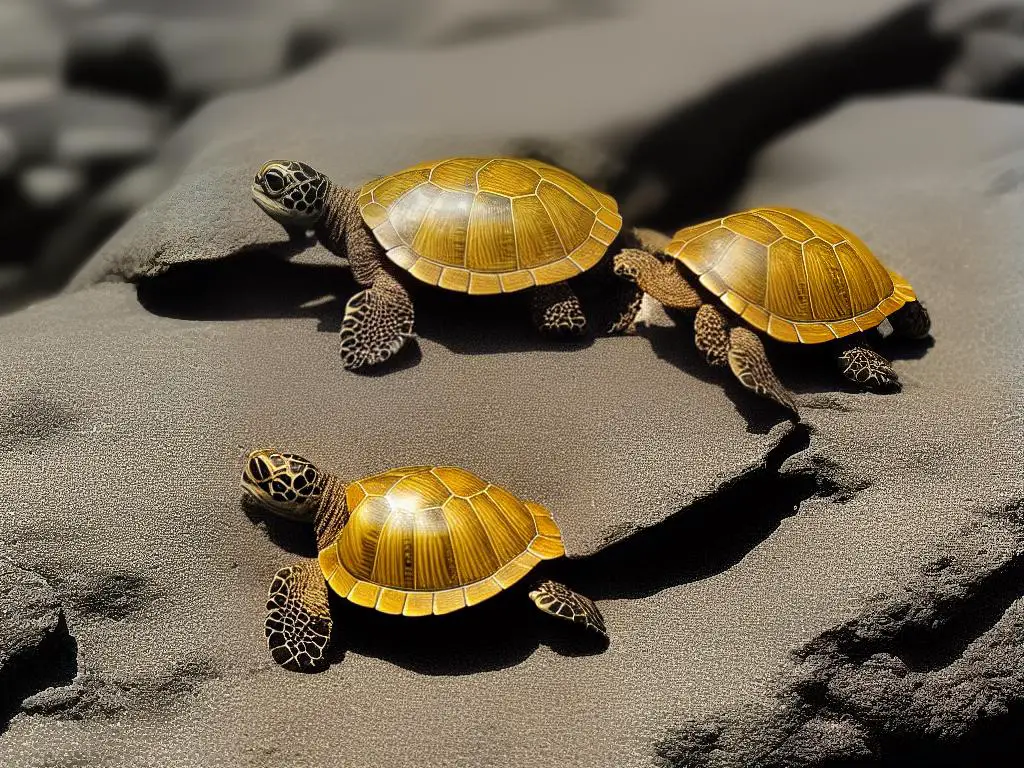
Through understanding the dietary needs of red eared sliders, we can provide a balanced and healthy diet for these charming reptiles. By considering the risks and benefits of feeding them apples and other fruits and vegetables, as well as recognizing the foods to avoid, we can promote optimal growth, health, and shell development for our red eared slider friends. Take the time to learn about their nutritional requirements and enjoy the rewarding experience of raising a happy, healthy red eared slider.